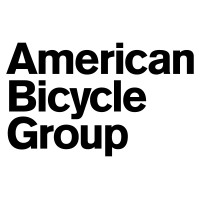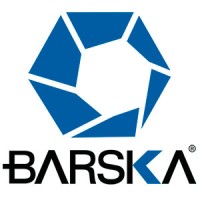
American Bicycle Group
We are innovators, engineers, designers and reps but most of all, we are riders. Making bikes is a dream job, but it’s still a job. Luckily, we have some of the most talented workers in the business. And if there’s a group of people who love and obsess over cycling more than you, it’s us. Our love for the sport carries into our business and we love sharing that with you! At American Bicycle Group we design, build, and manufacture Litespeed Titanium Bicycles, Quintana Roo Tri Bikes, and Obed Bikes. litespeed.com quintanarootri.com obedbikes.com






